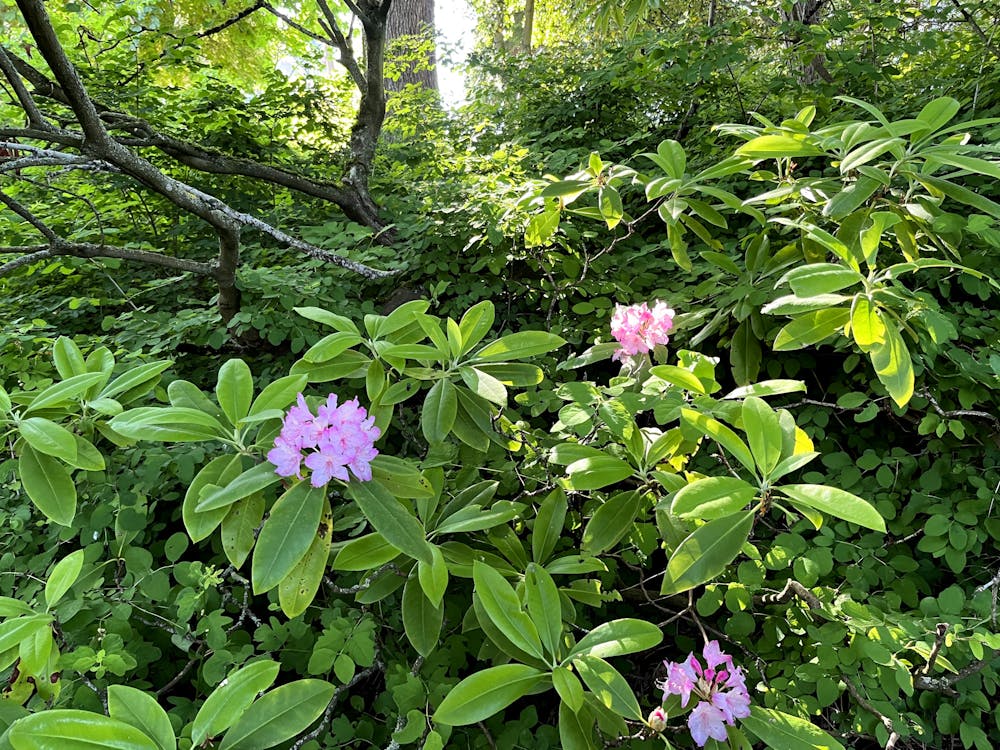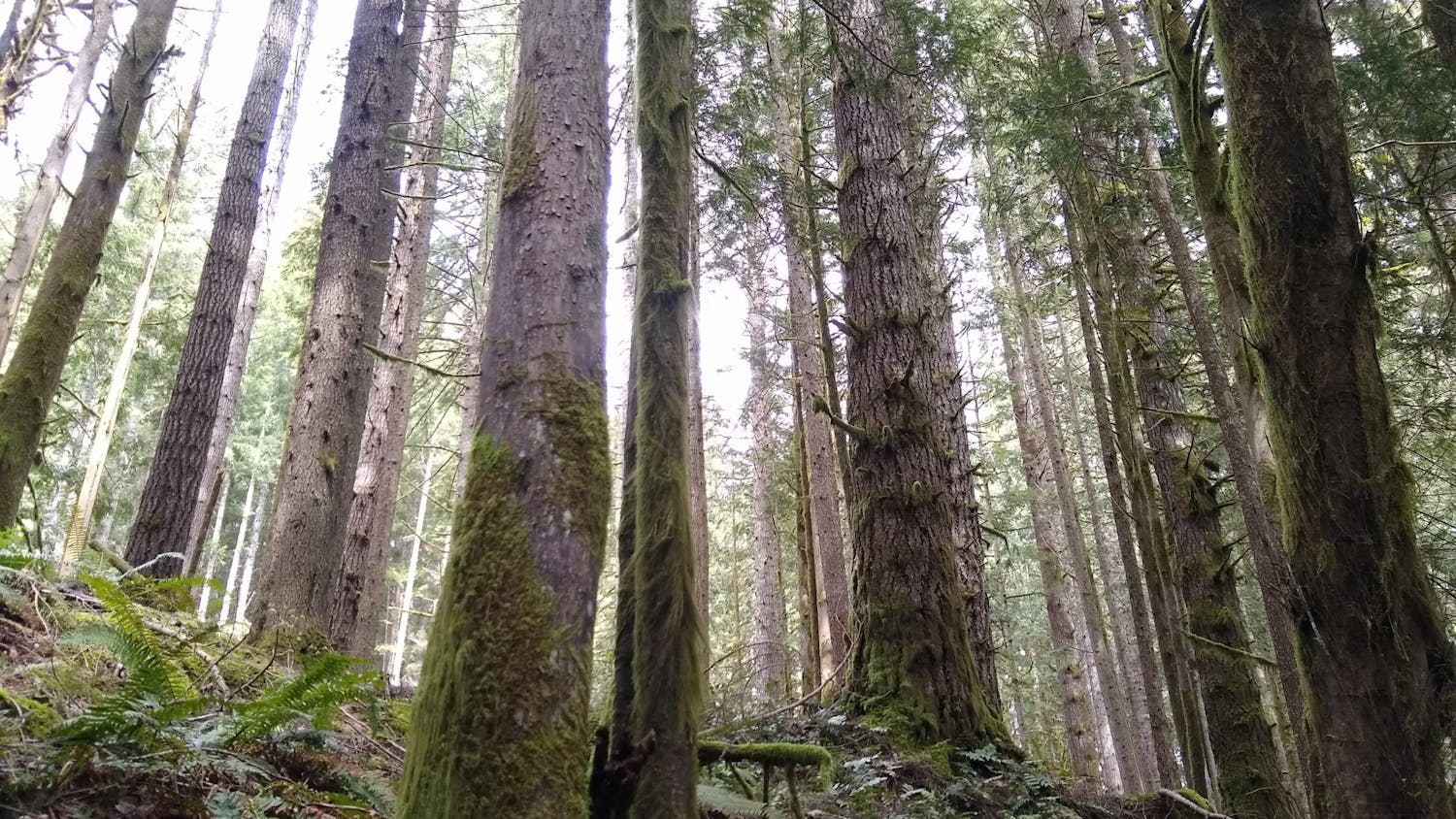Generation Z climate activists took to social media to protest United States President Joe Biden’s approval of the Willow Project. But they failed to take into consideration just how complex the issue is. This generation can have its opinions about Willow, but it should first be informed by seeking the full truth.
Signed by President Bill Clinton in 1999, the U.S. created a lease with ConocoPhillips granting the oil company drilling access to oil reserves in northern Alaska, which contains an estimated 600 million barrels worth of oil. Presidents since then have routinely renewed it.
Donald Trump approved the full project years ago, according to Reuters, but an Alaska judge struck it down in 2021, citing the administration’s “flawed environmental analysis,” and said it needed to be redone.
Biden approved Alternative E, a scaled-back version of the project, in March of 2023.
The project spans 499 acres across North Slope, Alaska, home to 28 Indigenous tribes. Across tribes, positions on the project differ. 24 of them support it, so there’s a consensus, but the mayor of the tribe closest to the drilling site, Nuiqsut Mayor Rosemary Ahtuangaruak, stands firmly against it. In fact, her tribe sent a letter to Secretary of the Interior Deb Haaland stating their voices were left out of the public comment period.

The 24 tribes in support of the project cite job security and economic growth, as well as the need for a domestic supply of oil as their reasons for approval. With an ongoing war in Ukraine, Biden’s ban on Russian oil is a reason to have a domestic supply.
Nagruk Harcharek, President of The Voice of the Arctic Iñupiat, expressed his support in a letter to the Biden administration.
“VOICE is a nonprofit organization established in 2015 by the region’s collective Iñupiat leadership to speak with a unified voice on issues impacting the North Slope Iñupiat,” he wrote. “The Willow Project is one of those issues.”
Harcharek also said misperceptions about the local community’s stance on Willow were perpetuated by people outside Alaska who had no relation to Arctic Iñupiat tribes.
“We write to make things clear: the majority consensus on the North Slope supports the Willow Project,” Harcharek wrote.
Later in his letter, he wrote that Biden refusal to sign the plan would be similar to the forced assimilation and relocation of tribes in the lower 48 states.
“Anything less than the advancement of the Bureau of Land Management’s identified Alternative E would represent a generational economic setback to our people and region,” Harcharek wrote.
The Biden administration reduced the proposed project footprint by 40% and convinced ConocoPhillips to give up 68,000 acres of land it held under the original Willow Project lease. It also protected approximately 2.8 million acres in the Arctic Ocean near the project.
According to the DOI press release, Alternative E “reduces the project’s freshwater use and eliminates all infrastructure related to the two rejected drill sites.”
But climate activists say that’s not enough.
Squil-le-he-le, a member of the Lummi tribe and prominent climate activist, expressed this same sentiment.
“I think it’s a violation of our sovereignty. I think it’s a violation of our treaty. I think that there should have been true and authentic consent and consultation,” she said.
Squil-le-he-le said there was a way around the lease.
“The president can say it’s a national security [threat],” she said.
But if Biden were to abandon the Willow Project or refuse to sign the lease, ConocoPhillips would sue. That means the next administration, perhaps a Republican one, could take over, and they’d be back at square one.

Haaland said the project was a “difficult and complex issue” involving leases issued by prior administrations, according to the Associated Press. Haaland opposed Willow when she was in Congress, but as Secretary of the Interior, she now faces these decisions that put her in the middle of the controversy.
Walter Fleming, an associate professor of Native American studies at Montana State University, said the issue was challenging.
“Any time you have limited resources, it’s going to divide people rather than bring them together, which is what happened in the olden days when people cooperated by necessity to survive,” Fleming said.
The 28 tribes depend on the oil business. In a letter to the Biden administration, North Slope resident John Hopson, Jr. wrote about his decision to support the project.
“Over 95% of our tax revenue is generated through oil and gas infrastructure. I understand climate is changing, we see it every day. We are at the forefront of climate change with a warming arctic, but our world has not yet weaned itself from fossil fuels and therefore the Willow Project is critical for our community’s future,” Hopson wrote.
Fleming stressed the negative impacts of the project.
“It’s really been hard to find a balance between wanting the economy to be growing and depending on the oil or gas resources, but then there’s the rise of criminality, there’s the burden on infrastructure,” he said. “All of those things that come with that kind of non-renewable source of revenue, because once that’s gone, it’s gone, but that community’s still going to be there.”
He rattled off the cons of projects like these, such as the crisis of missing and murdered indigenous women, higher crime rates and substance use disorders.
“There’s a lot that comes with those kinds of developments in a community and it makes it hard to try to find what pathway a community needs to navigate because there’s a risk and reward. But I think we need to consider the non-measurable effects and the impacts on the community,” Fleming said.
It takes time and energy to read up on the Willow Project, but Gen Z climate activists should look into the history of it and fully understand the different perspectives of the people who live in North Slope.
Hopson said in his letter to the Biden administration that although the environmental impacts are huge, the development of the towns depends on the project.
“It allows us time to focus on diversifying our local economy for long-term sustainability,” he wrote.
Cordelia Longo (they/them) is a senior at Western majoring in political science. In their free time, you can find them listening to Taylor Swift and asking to pet strangers' dogs.




